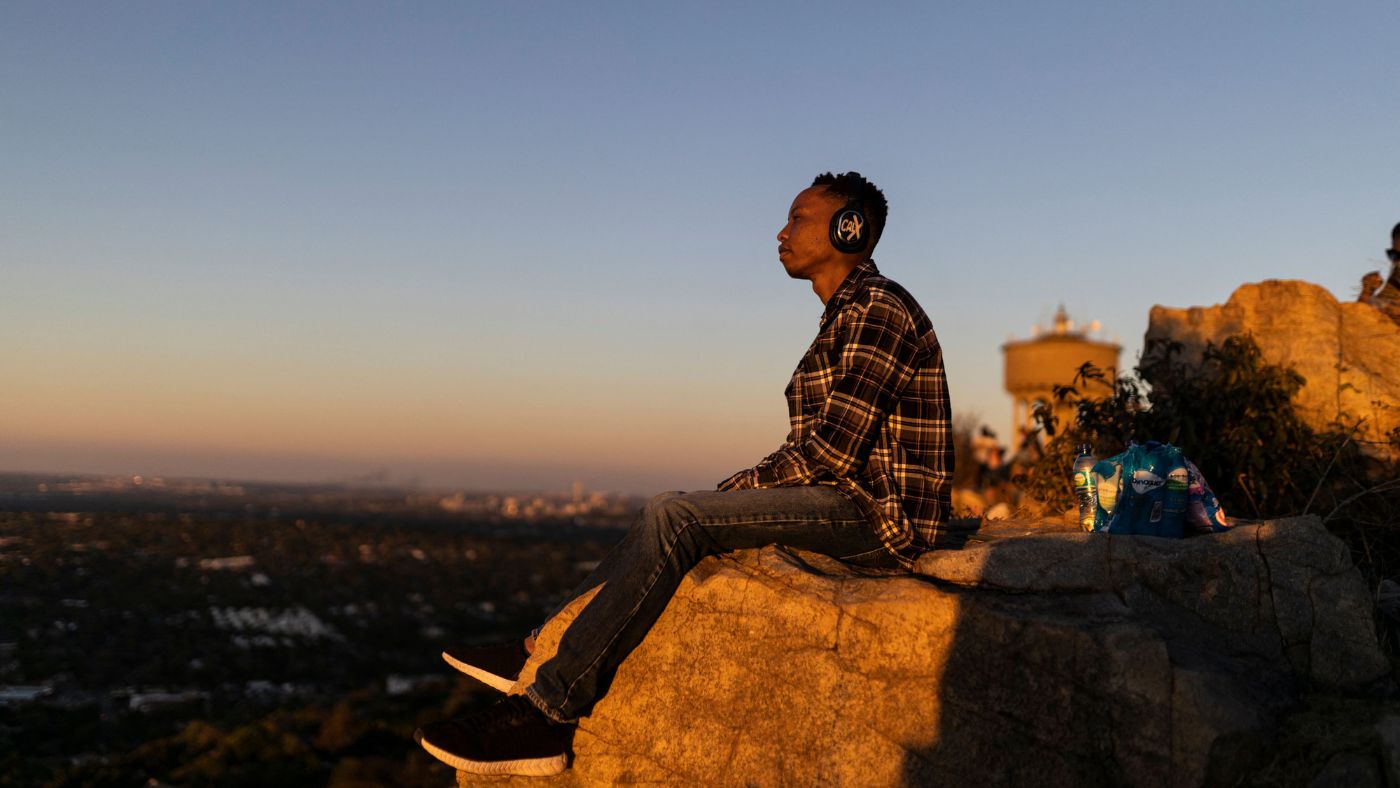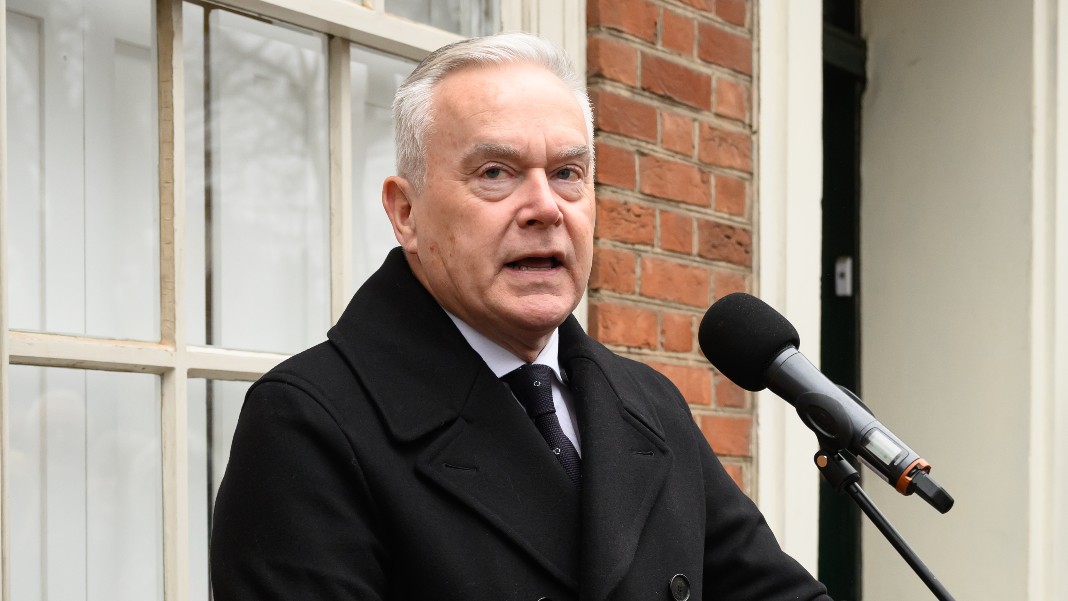Thanks for listening: have we reached peak podcast?
New figures show a sharp decline in new shows with analysts asking if the podcast balloon has burst

A free daily email with the biggest news stories of the day – and the best features from TheWeek.com
You are now subscribed
Your newsletter sign-up was successful
The number of podcasts launched in the last year fell by 80%, according to new industry statistics.
The figures suggest “the podcast balloon has burst”, said The Observer, with analysts asking whether podcasting was just a passing trend or a maturing industry that is settling into a more stable rhythm.
Analysts at Chartr uncovered the dramatic drop using international data supplied by the podcast engine Listen Notes. The number of new shows launched last year was 219,000. That is down from 729,000 in 2021, and 1,109,000 in 2020 at the height of global lockdowns.
The Week
Escape your echo chamber. Get the facts behind the news, plus analysis from multiple perspectives.

Sign up for The Week's Free Newsletters
From our morning news briefing to a weekly Good News Newsletter, get the best of The Week delivered directly to your inbox.
From our morning news briefing to a weekly Good News Newsletter, get the best of The Week delivered directly to your inbox.
For some context, however, the number of podcasts started in 2019 was 337,099 – substantially lower than during the pandemic, but still higher than current figures.
Similarly, survey data from Edison Research shows that the number of people in the US who said they had listened to a podcast in the last month was 38% last year, down from 41% in 2021.
‘Difficult second album moment’
“It feels like we’re in that ‘difficult second album’ moment now, and of course there’s a lot to worry about,” Kate Taylor, an award-winning producer, told The Observer. She said the industry is experiencing “the jitters”, and attributes some of the drop to sponsorship deals being harder to come by, and investors not appreciating how much is needed to make content well.
“Roughly everyone launched a podcast in the Covid-19 pandemic’s nadir, and a big part of the decline is an after-effect of that,” said NiemanLab. So maybe the surplus in 2020-21 was “always destined to recede” – but the size of the drop does indicate there might be other factors here.
A free daily email with the biggest news stories of the day – and the best features from TheWeek.com
The “defining” problem of the industry is “podcast discovery” – how we find out about podcasts, especially in a crowded market with few barriers to entry. The industry seems to be facing a paradoxical problem which is that it “has become so crowded that fewer people want to enter it”.
This view seems to be backed up by statistics examining how listeners are rating podcasts. Both the average star ratings for podcasts in general and new podcasts launching are have been gradually decreasing for several years, said Rephonic. In fact, “podcast satisfaction, as measured in listener ratings, peaked in 2016”.
‘Flexible and relatively cheap’
We shouldn’t “write the podcast industry off” just yet, though, said Prolific North. Ad revenue for the podcast industry in the UK was estimated to be worth £40m in 2022 by consultancy PWC, which also predicted growth to £64m by 2025. In 2016, the industry was valued at £4m.
According to the Reuters Institute, 72% of publishers will also be putting more resources into podcasts and digital audio in the future.
Last month, reported Deadline, a panel of podcast executives told the UK’s Royal Television Society that “while it remains difficult to break into the important top ten on those charts, the flexibility of podcast-making in terms of subject matter and episode length, the relative cheapness of the exercise and the fact that anyone with a microphone can do it still makes it an attractive proposition”.
The panel also pointed out that while the money that can be made from hosting a podcast is comparatively little, “the [Intellectual Property] they generate can become valuable for adaptation by film and TV makers”.
-
 Local elections 2026: where are they and who is expected to win?
Local elections 2026: where are they and who is expected to win?The Explainer Labour is braced for heavy losses and U-turn on postponing some council elections hasn’t helped the party’s prospects
-
 6 of the world’s most accessible destinations
6 of the world’s most accessible destinationsThe Week Recommends Experience all of Berlin, Singapore and Sydney
-
 How the FCC’s ‘equal time’ rule works
How the FCC’s ‘equal time’ rule worksIn the Spotlight The law is at the heart of the Colbert-CBS conflict
-
 FKA Twigs and Jeremy Allen White – the tale of two Calvin Klein ads
FKA Twigs and Jeremy Allen White – the tale of two Calvin Klein adsTalking Point Her advert was banned by the advertising watchdog while his caused a 'breathless response' after going viral
-
 The Christmas round robin: return of the much-mocked missive?
The Christmas round robin: return of the much-mocked missive?Talking Point Young people looking to 'precious tradition' that 'predates social media and exceeds it'
-
 Nasty noughties: a cultural reckoning?
Nasty noughties: a cultural reckoning?Talking Point Has popular culture evolved since the 'cruelty' of the early 2000s?
-
 The death of DVDs and the decline of ownership in digital age
The death of DVDs and the decline of ownership in digital ageTalking Point Physical media sales are still in freefall even as a backlash against streaming grows
-
 Huw Edwards and the question of ‘public interest’
Huw Edwards and the question of ‘public interest’Talking Point Privacy law ‘mess’ needs to be cleared up, not by judges, but by Parliament
-
 Concert etiquette: why are people behaving badly?
Concert etiquette: why are people behaving badly?Talking Point Experts believe incidents at live events are becoming worse in the era of social media
-
 Nick Cohen, Phillip Schofield and British media’s own #MeToo reckoning
Nick Cohen, Phillip Schofield and British media’s own #MeToo reckoningTalking Point Allegations surrounding former Observer columnist and ITV broadcaster have led to questions about the industry’s processes
-
 Should young teenagers be allowed in the metaverse?
Should young teenagers be allowed in the metaverse?Talking Point Children’s rights advocates urge Facebook parent company to block teens over safety concerns